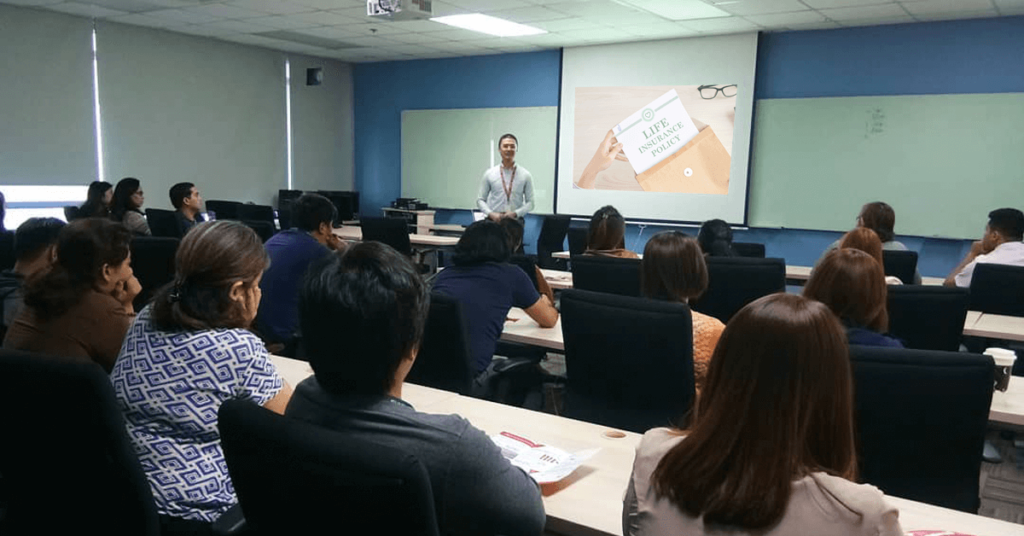The COVID-19 pandemic has highlighted the saying “health is wealth,” with financial advisors taking the opportunity to entice people to secure medical coverage. With more Filipinos exploring their options to safeguard their assets, how can robotic process automation (RPA) support the demand?
Undoubtedly, the sector had a strong performance in the past years. The country’s former Finance chief Carlos Dominguez III reported in April on the insurance industry’s growth.
According to Dominguez, the total premiums collected by the insurance industry in 2021 hit ₱374.7 billion, 22% higher than the ₱308.3 billion a year earlier. By the end of last year, its total assets also reached an all-time high of ₱2.1 trillion, up 8.4% from 2020 levels.
The sector’s total net income and net worth also jumped 18.6% and 8.1%, respectively.
“There is much more work to be done to broaden insurance coverage in our society. As we move forward to a new normal, I trust that the Insurance Commission will continue to invigorate the industry and make it a key player in helping fulfill President Duterte’s goal of financial inclusion,” Dominguez said during that time.
Data from Statista showed that there were about 25 million newly-insured Filipinos with life insurance.
With a large amount of data involved, insurance companies must equip their operations with technologies, such as RPA, to keep their growth momentum.
RPA technologies enable companies in several sectors to automate their systems, streamlining workflows while reducing human errors. RPA greatly relieves workers and cuts operation expenses, addressing time-consuming and repetitive tasks.
Insurance firms in the country can tap Monstarlab Philippines’s RPA software Robotic Automation Expert (RAX) for this shift.
Handling mounting information of clients for insurance claims? Have the data entry covered by Monstarlab’s efficient robots. With just a click, RPA can immediately process insurance claims, ensuring you provide faster processing for clients minus the tedious paperwork.
Another process that industry players can upgrade is underwriting or assessing and determining the risk factors of an insurance application. This can be overwhelming and may take weeks before an employee can issue the pricing. With RPA, data processing can be automated, making sure that reports are accurate.
Dealing with a client’s cancellation request also involves a complex process, especially if done manually. Employees still need to check reasons or possible anomalies and generate reports, which can take many hours to settle.
Once insurance companies deploy RPA to their system, they can program end-to-end processes for the cancellation policy to eliminate manual data entry. This, in turn, will allow employees to focus on clients’ issues and explore ways to address their needs and keep them.
Other insurance processes that RPA can automate include data reading and scanning, data compilation, insurance period verification, data mismatch flagging, follow-up alerts generation, and policyholder data download.
Attract more clients by offering them seamless processes powered by Monstarlab Philippines’ RAX.
Photo courtesy: Coach Ron Magsalin
